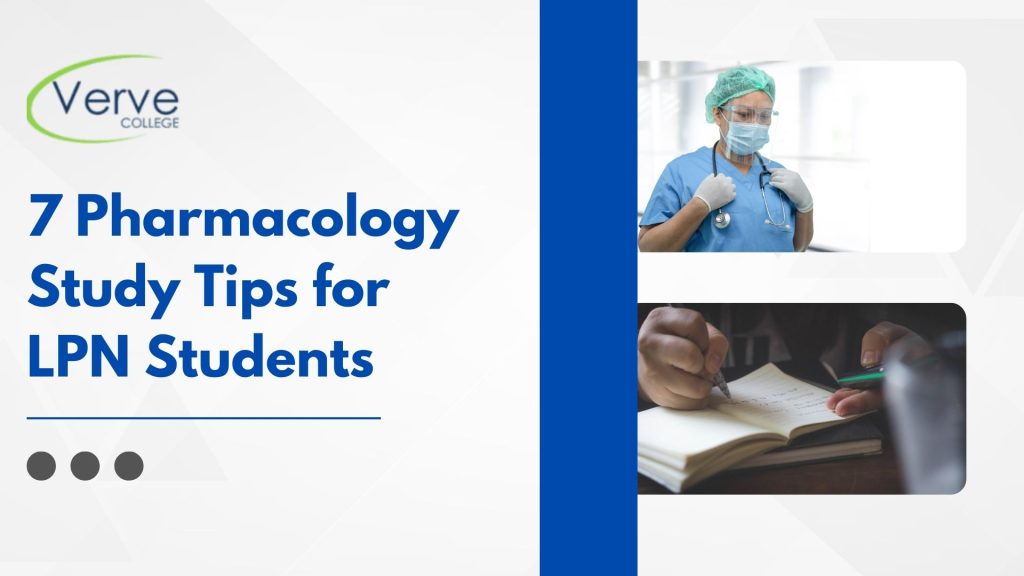- Oak Brook:(630) 705-9999
- Chicago:(312) 920-8822
- Email:inquiry@vervecollege.edu
- Make a Payment
- Home
- Programs
- Admission
- Resources
- ATI Entrance Exam Resources
- New E-Digital Library
- Refer a Friend
- School Newsletter
- Events
- Employers
- Job-Network
- Alpha Beta Kappa Candidates
- Verve College Library
- Graduation and Pinning Ceremony Photo Galleries
- Textbook Information
- Career Services
- Tutoring
- School Catalog
- FAQ
- Constitution Day Program
- Alumni
- Verve College Plans
- Financial Aid
- HEERF Reporting
- Satisfactory Academic Progress
- Apply For Financial Aid
- Net Price Calculator
- Return of Title IV Funds (R2T4)
- Financial Aid Office Code of Conduct
- Contact
- FAQs
- Verification Policy
- Vaccination Policy
- Student Right-to-Know Act
- Misrepresentation
- Information Security Program
- Academic Award Year
- Availability of Employee
- Cost of Attendance
- Health & Safety Exemption Requirement
- Students Rights and Responsibilities
- Leave of Absence
- Pell Formula
- Military Students
- Grants/ Scholarship Policy
- Contact Us
- Login
- Testimonials
- Blog
Is a Nursing Career Right For You?
Take The Free Quiz
7 Essential Pharmacology Study Tips for LPN Students
7 Essential Pharmacology Study Tips for LPN Students
Let’s be honest. It’s hard to learn pharmacology. It’s one of the most difficult subjects in a practical nursing diploma. If it’s on your list of courses for the upcoming semester, you are probably already feeling anxious and stressed. Let’s understand how to study pharmacology for nursing.
Top 11 Pharmacology Study Tips
1. Don’t Procrastinate
You will find that pharmacology is not for you if you are a procrastinator.
Get organized before you begin the daunting task of learning hundreds of medications. This will maximize your chances of success. To get organized, grab a planner and write down all your assignments, including exams. Block out study time in your schedule for studying and reviewing pharmacology in nursing school.
2. Break Down Medications by Class
Organize your medications into classes, such as antidepressants or SSRIs. You’ll be able to recognize that medications in the same human anatomy and physiology course near me have similar or even identical characteristics for:
- Mechanisms of action
- Clinical nursing assessments
- Interventions
- Patients’ education
3. Get Creative (Studying Does Not Have to Be Boring)
You can study pharmacology by creating mnemonics and funny phrases. You will remember these hundreds of drugs better if you put them into a story. Pharmacology made simple can be a valuable resource. Pixorize offers a learning resource that offers clear, concise mnemonics to make pharm manageable and easy.
4. Record Lectures in Class
Ask your professor before bringing your tape recorder to class or using your laptop to record the lectures. This can be done with your phone or by purchasing one healthcare facility. You can listen to your lectures at home or in the car. This will help you retain information.
5. Practice NCLEX Questions
NCLEX questions are often difficult and intimidating. You can practice many questions with an NCLEX Book to become more confident and stronger.
It will not only help you to remember the material but also give you the confidence you need when you’re taking the test in long-term care facilities. It is important to read the rationales for both the content as well as for clarification of the reasons why you selected the correct or incorrect answer.
You can also take dynamic quizzes to learn the rationales for questions in pharmacology if your private LPN schools near me from community college use ATI.
Related:- What are the Steps to Create a Care Plan for Nursing?
6. Study Group Formation
Forming a field of study group can be a good alternative if you are studying alone. You can book a room at the library to meet weekly and go over new material. Share resources, notes, and questions.
You Got This
No matter how you feel about pharmacology, we can all agree it’s one of the most crucial full-time courses in nursing school. To pass the clinical course, you need to develop a study plan.
To successfully learn pharmacology, practical nurses must first understand the basics.
- Get organized
- Formalize a study method
- Follow this plan
This is how to study pharmacology for nursing. These pharmacology study tips will help you to learn faster and more efficiently to understand the human body systems. Select the ones that best suit your preferred method of education. Don’t wait until the last minute to begin studying pharmacology in LPN classes of nursing school to enhance your nursing skills.
Want to Make a Career in Nursing? Get More Information About Our Courses!
For additional LPN programs guidance, see our article Things You Should Know Before Joining a Practical Nursing School to practice critical thinking skills.
 Sign up
Sign up Login
Login




